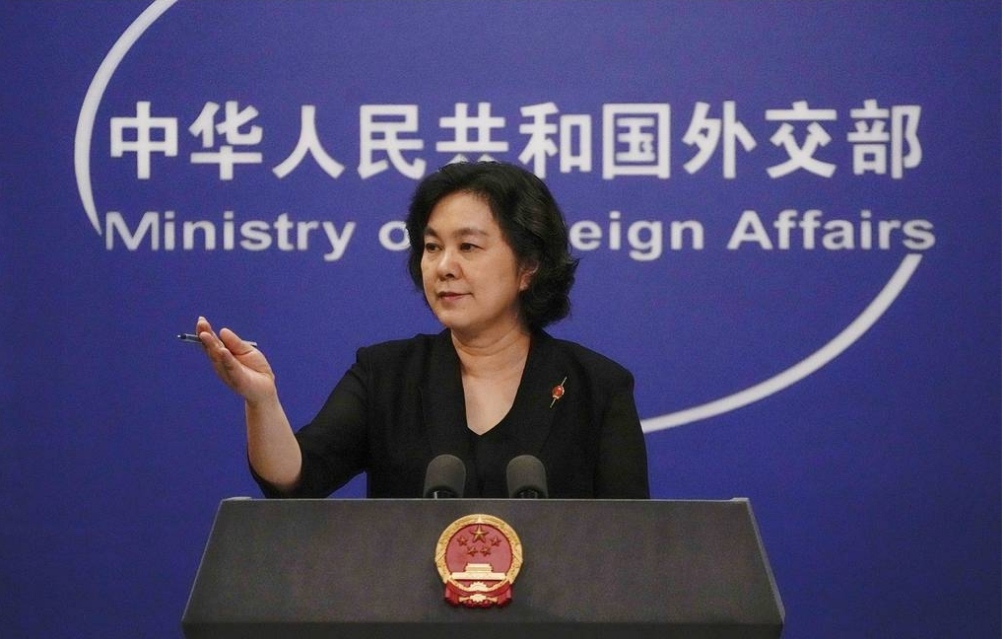China has not forgotten NATO’s ‘debt of blood’ for bombing embassy in Yugoslavia

“Isn’t NATO the one who has engaged in bloc politics and military operations around the world, threatening other countries with force and challenging the interests, security and values of the world?” Hua Chunying said.
The Chinese people haven’t forgotten the 1999 bombing of the country’s embassy in Belgrade, which killed three Chinese citizens, Foreign Ministry Spokesperson Hua Chunying said on Twitter.
“We haven’t forgotten the debt of blood NATO owes the Chinese people in bombing the Chinese embassy in Yugoslavia. Asia-Pacific countries don’t welcome a war machine, still less an ‘Asia-Pacific version of NATO’ that stokes bloc confrontation or a new Cold War,” the tweet reads.
“China having coercive policies? Isn’t NATO the one who has engaged in bloc politics and military operations around the world, threatening other countries with force and challenging the interests, security and values of the world?” Hua said. “Isn’t NATO the one who has trampled underfoot international law and basic norms governing international relations by interfering in other countries’ internal affairs and engaging in wars, causing sufferings to millions of people in the world?” the Chinese diplomat added.
On Tuesday, NATO countries participating in the bloc’s annual summit in Vilnius adopted a communique stating, in particular, that China’s “ambitions and coercive policies” challenge the bloc’s interests, security and values. The NATO members expressed concern about the expansion and diversification of China’s nuclear arsenal. NATO also believes that the deepening strategic partnership between China and Russia runs counter to its values and interests. The communique adds that the EU and NATO will coordinate their steps “to address the systemic challenges posed by the People’s Republic of China to Euro-Atlantic security.” In addition, NATO allies expressed readiness to boost cooperation with their partners in the Asia-Pacific Region, including Australia, New Zealand, South Korea and Japan, in countering common security threats.
In May 1999, a missile struck the Chinese embassy in Belgrade during NATO’s operation in Yugoslavia, killing three Chinese nationals. The alliance claims that the incident was a mistake and the nearby building of the Yugoslav Federal Directorate for Supply and Procurement was the target of the attack.




